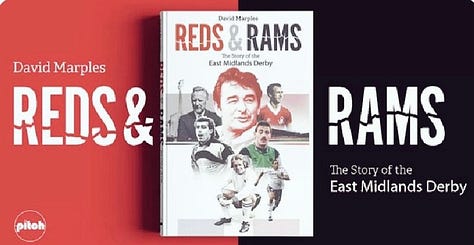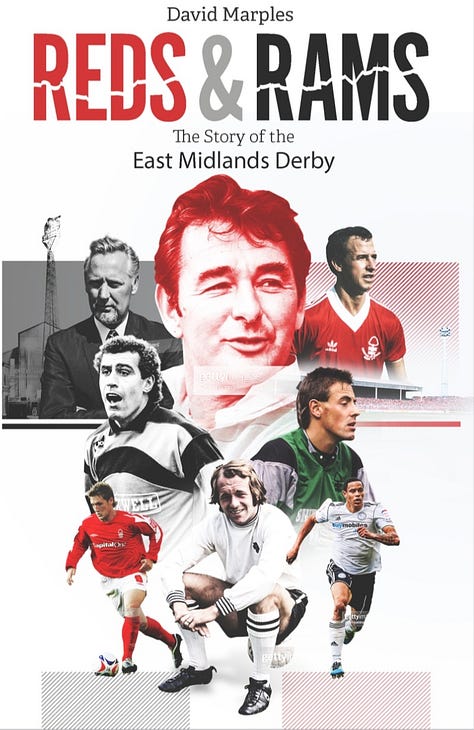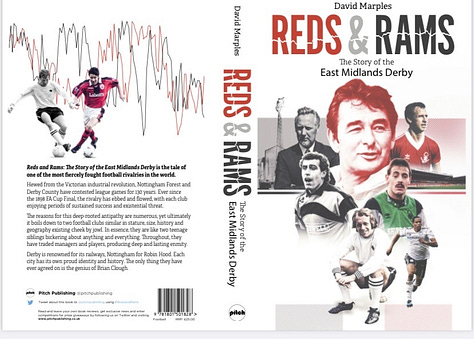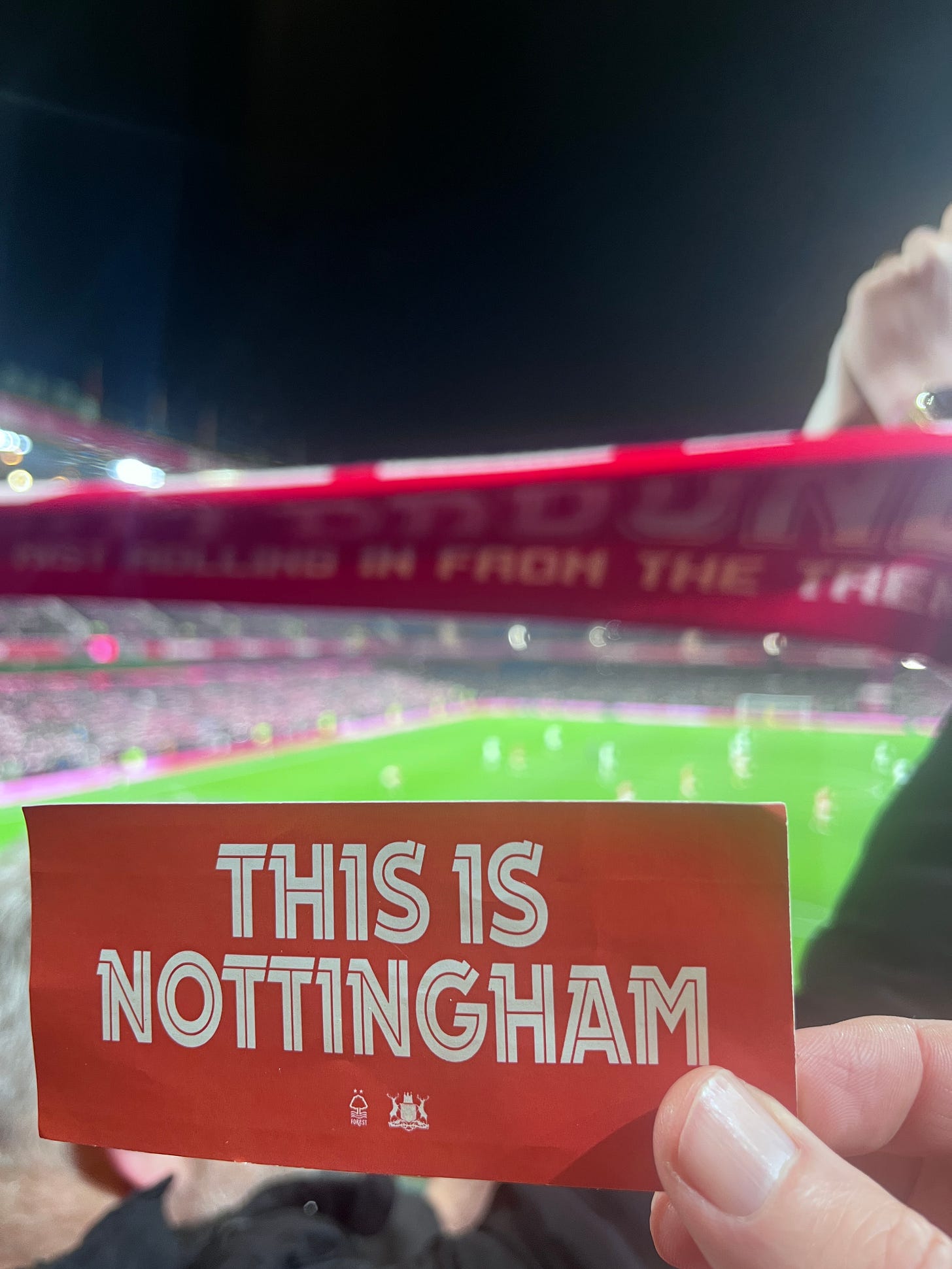In the 1970s, Jonathan Cain was an aspiring musician and left his hometown of Chicago for Los Angeles to pursue a career in the business. It didn’t go to plan. The streets weren’t paved with stars, only occasional sessions on songs that came to nothing.
He needed help. He called his father. “My dog got hit by a car, and I was in Hollywood, and I had to pay the vet bill. And luckily they saved her life,” Cain told the Huffington Post. “I had called him for some money, for another loan. And I hated calling my dad for a loan. I said, ‘Dad, should I just give up on this thing and come home? It seems like I might be pushing it back to Chicago.’ ‘No, no, don’t come home. Stick to your guns. Don’t stop believin’. I went, ‘OK.’ Everything he would say to me somehow I would just doodle in my little notebook that I wrote songs in. That’s basically what happened. He had said to me, ‘Don’t stop believin’,’ and I took it to heart. He sent me the money, and great things started to happen.”
Things changed. He joined a band called Journey, whose singer was Steve Perry. During a writing session, Perry suggested to Cain that they needed another idea, preferably another song. Cain looked in the back of his spiral notebook. Scribbled there there were the words ‘Don’t stop believin’. So he wrote a chorus around that and eventually, they had a hit song on their hands, a song best known for being covered in the musical series Glee or for soundtracking the final scene of The Sopranos, depending on your cultural preferences. “All of us together finished the song in a room,” said Cain. “It was magical.”
———
Going into the Liverpool game, there was a valid question to pose: had Forest peaked?
Surely yes. We peaked when Samba saved that penalty. Apparently not. We peaked when the final whistle went at Wembley. Apparently not. We peaked when we beat Liverpool in our first season back. Apparently not. We peaked when we beat Arsenal and survived. Apparently not. We peaked when we beat Liverpool at Anfield - you get the idea now - when we beat Manchester United at Old Trafford, when we came from behind to beat Aston Villa, when we beat Brentford away, Spurs at home…surely a six game winning streak is as good as it can possibly get for this club in the modern Premier League.
Listener, I thought we had peaked, and was prepared for the plateau.
But we hadn’t. There was one more huge high to imbibe. After seven minutes, Forest streaked through Liverpool like a heated cheese-cutter slicing a ball of soggy mozzarella and Chris Wood put the ball in the net.
This was magic. This was not supposed to happen. No. That’s not right. This was absolutely supposed to happen. This was that moment when the world’s walls tilt outwards and bulge with exultation. This wasn’t in the script, but then again, it absolutely was.
Why we were surprised? Maybe you weren’t. Maybe you anticipated – expected – this. Maybe you are the type of person that fears nothing and wonders why brilliant things can’t happen all of the time. Chris Wood scoring that goal in the way he did makes even naysayers like me question why the world can’t be kittens and crisps and cinnamon swirls and Forest being genuinely – GENUINELY – magic.
So about last night. Not the vibes, but the actual game.
It was a neat chant about being in Arne Slot’s head, even if he was in all likelihood much more preoccupied with his own team’s performances than Nottingham Who Again? But what elevated the chant to iconic status was that – and there is no way of putting this without sounding like a football banter bro on X using CAPS – he and his team were indeed rattled.
And he wasn’t the only one. Andrew Robertson skulked around like a teenager been told to unload the dishwasher. Dominik Szoboszlai harrumphed and gruffaloed around the middle of the park, aghast at his team mates’ insistence on shanking the ball out of play or repeatedly walloping it over the bar. Mo Salah is obviously a genius, but Nico Williams shackled him as well as Alex Moreno did back in September – a feat few of us thought we’d see again, never mind twice in one season.
Frustrated performances and tantrums don’t happen in a vacuum. Every action is a result of another action and has a source, and the source of all this was a high quality Forest performance that somehow feels like the norm now.
Some have been quick to bang a drum called direct football in a taunting way. Others have shot torpedoes of disdain at our possession stats.
There are two reactions to such claims. One is a shrug of the shoulders and a teenage-intoned ‘whatevs.’ Another is to point to some of the quickest transitions and ball-carrying stats in the league alongside a defensive strategy based on setting more effective traps than a 19th century rat-catcher in Dickensian London. Either reaction is equally as valid.
A bent paper clip to one is an invaluable lock-pick to another and while a decent option from the bench for some, Diogo Jota is the most lethal striker to ever play the game from a Forest perspective.
Until Jota sprinted onto the pitch – Forest’s very own inverse of a cheat code – it felt like Forest might just hang on and maybe even score another breakaway goal. Just when it felt Liverpool were on the verge of another potential breakthrough, Forest went and nearly actually broke through at the other end, making Liverpool slide down a snake while Forest maintained a grip on the ladder.
Then Jota did what Jota does. And from then on, things got difficult. The pitch seemed bigger. The gaps grew wider. The Liverpool players got faster. The ball moved quicker.
And yet, there was still a sense that it wasn’t over, that Forest were just one turnover or key pass away from regaining the lead. After everything that had happened recently, anything could happen again. The home crowd hadn’t quite stopped believing.
It can be true that for 60 minutes, Forest deserved to win. It can also be true that for the last 30 minutes, Liverpool deserved to win. Maybe games like this are why draws were invented.
The final whistle signalled a slight air of disappointment at not beating the league leaders and only being second in the table. What have we become…?!
Then a deep sense of satisfaction wafted over the home crowd. A crowd that never quite stopped believing, drunk on football, high on Forest, and stoned on some weird, magical substance that warps perceptions to the point that dreams become reality.
One of my books, ‘The History Boys: Thirty Iconic Forest Goals’, has been reprinted in paperback, with a lovely review quote on the front cover. Click here if you fancy buying a copy.
I have almost completed the 92. Here are some observations from visiting lots of football grounds over the years.
If you don’t know me, I am the author of ‘Reds and Rams: The History of the East Midlands Derby’ and ‘The History Boys: Thirty Iconic Forest Goals’ (both available in the Forest club shop). I have written pieces for Mundial magazine, Football Weekends magazine, edited two award-nominated fanzines and was a columnist in the Nottingham Forest programme for eight years.
If you do know me, I’m truly sorry.






















Share this post